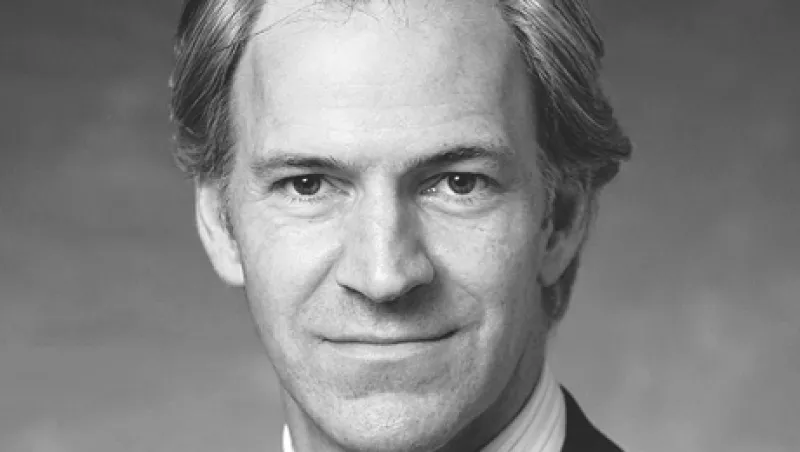
Eric Bischof Helped New York Fed Avoid AIG Disaster
Co-head of Morgan Stanley’s financial institutions group, New York–based Eric Bischof advised the New York Fed on its epic restructuring of American International Group.
Jayne Jung
October 11, 2011


